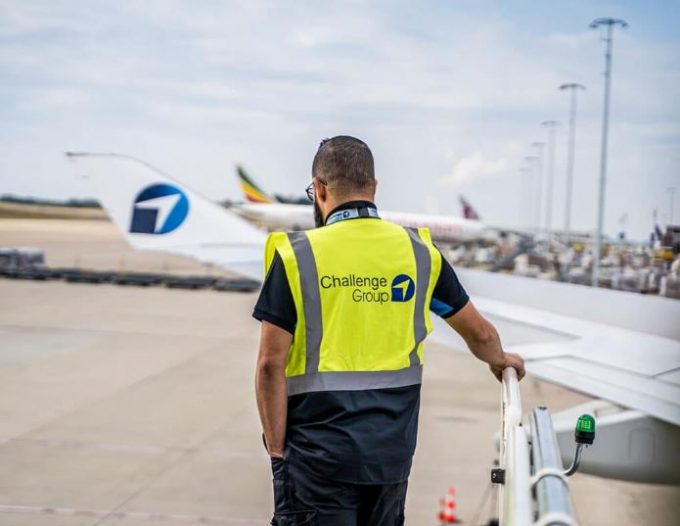'Greener' flying moves up the agenda of forwarders sourcing air cargo services
Large forwarders choosing where to award their airfreight contracts will not consider “dirty” airlines, as ...

Forwarders wanting to offer customers complex verticals don’t need to invest in expertise themselves, just call us, says Liege-based air company Challenge Group.
Challenge, an “integrator of complex cargo”, with end-to-end capabilities, is a one-stop shop for any and all types of customers,” claims group CCO ...
MSC switches two more Asia-Europe port calls from congested Antwerp
Front-loading frenzy has made traditional H2 peak season 'unlikely'
Tradelanes: Export boom in Indian sub-continent triggers rise in airfreight rates
Carriers introduce surcharges as congestion builds at African ports
Mexican airport modernisation plan unlikely to boost cargo facilities
Ports and supply chain operators weigh in on funding for CPB
Box ship overcapacity threat from carrier appetite for new tonnage
Tradelanes: Overcapacity on Asia-S America impacting alliances and rates

Comment on this article